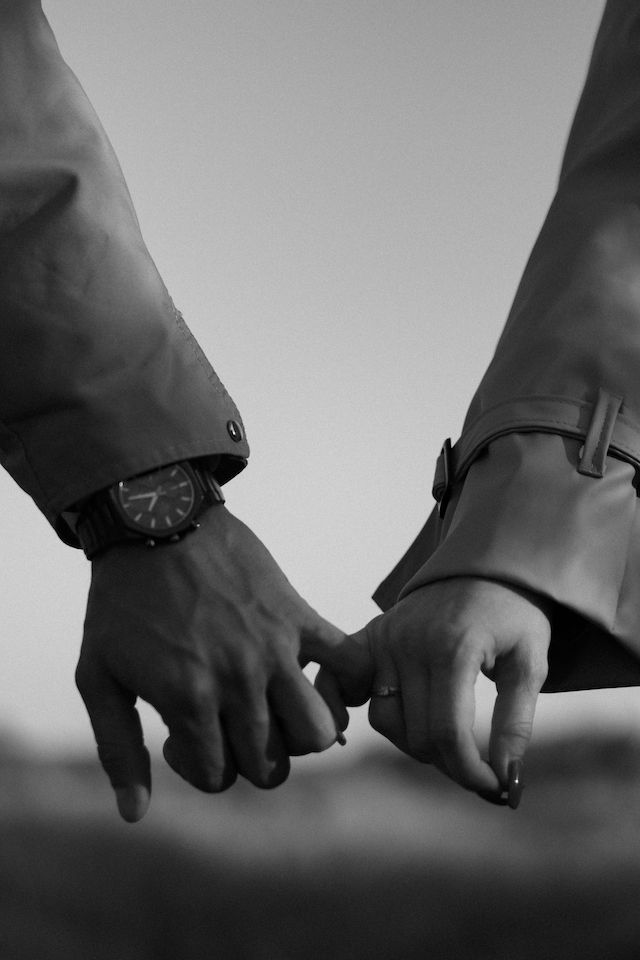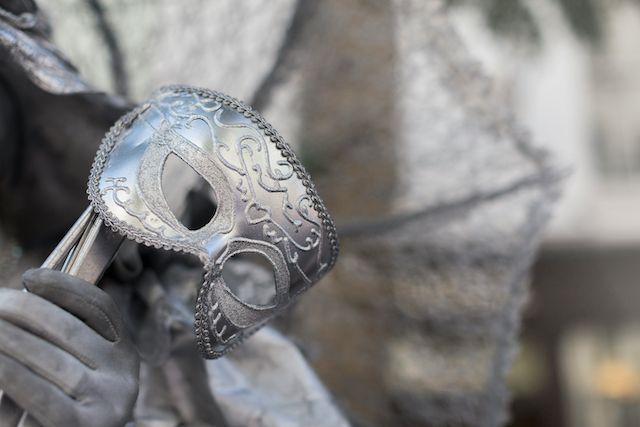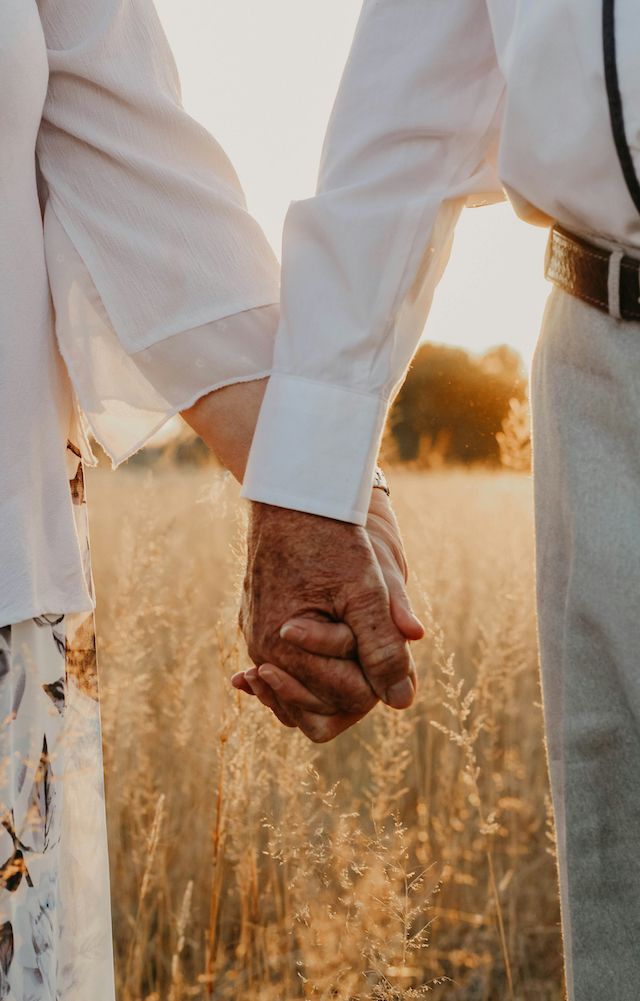When Fear Quietly Erodes Love
November 12, 2025
·7 min read
Love isn’t about perfection, but about presence—learning to face fear, restore connection, and keep shining together through each season of change.

When Autumn Quietly Asks: “Are We Still Us?”
Fall has quickly taken over the warmth of summer. The sun rises at a different angle, casts a gentler kind of light, and sets earlier, letting the night take its time. As the world gathers its harvest, so do we. The emotional seeds we planted during the brighter months, our efforts to connect, our silences, our compromises - now reveal their return. Autumn, in its quiet honesty, shows us what has truly taken root and what has withered between us.
After months filled with movement and events where differences could be easily brushed aside, this season draws us inward. It invites a slower rhythm and honest reflection. Somewhere beneath the surface, a familiar thought begins to stir: Am I really ready for another winter with the same person?

Many women, whether partners, wives, or mothers, find themselves here year after year. Spring brings hope, but fall often brings candor. The hope that “maybe this year a profound look will remind us of who we once were” sits alongside the quiet ache of what no longer is.
The Masks We Wear When We’re Afraid to Be Seen

When we sense distance growing, our instinct is often to act: to fix, to organize, to spark something that feels alive again. We plan, we dream, we suggest, we hope to be understood without having to explain. Yet when our efforts go unnoticed, disappointment settles under a shadow of silence. Waiting to show its face when the time is more appropriate. A sailing trip may have been arranged, but we longed for more than just the itinerary. We longed for their presence, we wanted to be looked at, seen, felt.
Hurt slowly turns into withdrawal. We close off, leaving our partners unsure of what changed. Immediately after the summer, we rush back and fill our time with work, social plans, or familiar routines — not out of joy, but protection. Productivity becomes the acceptable disguise for pain. Each unspoken wish turns into another quiet promise to self: never again.
How Fear Sneaks Into Everyday Moments
At the start of love, it feels effortless to adapt. We say yes to things we might normally refuse, eager to be liked and accepted. They do the same. But as novelty fades and real life returns, the masks we wore begin to slip. What they reveal beneath is not indifference, but fear — the fear that if we show our truest self, it might not be loved in return.
Fear rarely arrives loudly. It moves quietly through daily life, shaping how we speak, listen, and even how we breathe. Sometimes it’s the fear of intimacy — the emotional exposure that makes us feel naked. Sometimes it’s fear of abandonment, whispering that love could vanish without warning. And sometimes it’s the fear of losing ourselves entirely within another person’s orbit.

When fear takes hold, we start interpreting instead of communicating. We replay words, analyze tones, and construct private versions of reality. Before long, we’re no longer living with our partner but inside a story about them. What was once effortless now feels rehearsed. Shared laughter becomes rare, replaced by polite nods and predictable silences.
We may hide behind perfectionism, hoping to secure safety by doing everything right, or start arguments to mask hurt with irritation. Both are different expressions of the same truth: we long to be seen, but fear what might happen if we are.
The Long Erosion of Connection

Eventually, exhaustion replaces hope. We stop planning, stop prompting, stop trying to make things different. “I don’t care anymore” becomes both a shield and a quiet admission of loss. It is not the beginning of the end — by this point, the end is already in sight.
Emotional walls rise slowly, built out of disappointment and self-protection. Each unmet expectation chips away at trust and self-worth. Repair attempts fade, and the small ruptures multiply. Where connection once lived, only distance remains.
These reactions rarely begin in the present. They echo old lessons — how we were taught to earn love, to hold back emotion, or to stay composed. We all inherited scripts about what love should look like and how much of ourselves we’re allowed to show. Without noticing, we perform them again and again, even when they no longer serve us.
Relearning the Language of Safety
Whatever triggers your defensiveness often points to the place where love feels most fragile. Whether it’s being overlooked, dismissed, or only valued when compliant, the same need sits underneath — the need to feel safe.

Emotional safety should not be a luxury; it should be the quiet ground on which love can rest. It allows honesty without punishment, expression without ridicule. And while we long for our partners to create it, we must also learn to offer it in return.
In practice, emotional safety looks like presence. When your partner listens without interrupting, when they acknowledge your feelings instead of defending their own, they’re saying: you matter more than being right. Feeling seen in this way deepens trust and softens fear. It doesn’t happen by chance — it happens by choice, renewed in small ways every day.
From Silence to Courage
Before bringing this awareness into a relationship, turn inward first. Think of a recent moment that unsettled you. What sparked the tension? Where did you feel it in your body? What fear did it touch? Which boundary was crossed, and what would you like to change about that?

Awareness offers choice. Once we understand our reactions, we can replace defense with honesty. The next time conflict arises, share one truth — something small but sincere. It might be a need, a feeling, or a memory. Even the smallest act of openness can shift the air between two people.
This requires courage and faith — faith that a new pattern is possible, even when old ones echo loudly. Begin by communicating what feels respectful to you. Define what is acceptable and what is not. When closeness ruptures, choose repair over retreat.
Apology is one of the quietest forms of bravery. Whether we struggle to say it or offer it too easily, both reflect a relationship with fear. Learning to apologize sincerely, without ego or submission, is an act of maturity. If this feels difficult, seek guidance — through coaching, therapy, or reflection — to find balance between humility and self-respect.
Love as a Practice, Not a Promise
Fear will always exist. It’s simply our mind’s way of trying to keep us safe. Learning to live beyond it doesn’t mean silencing fear, but walking beside it.
Love, too, is alive and changing. It’s not about winning, convincing, or performing. It’s about two people choosing, again and again, to meet in the space between comfort and risk.
Autumn is a gentle time for reflection. Ask yourself where fear still lives in your love life and what it is trying to protect. Speak it aloud. Invite your partner into that truth instead of guarding it in silence.

Love is like the surface of a cherished piece of jewelry — its shine may fade, but attention can restore its glow. Even the rarest diamond carries imperfections, yet it still catches light. Perhaps love’s purpose is not to remain flawless, but to keep learning how to shine together, again and again.
